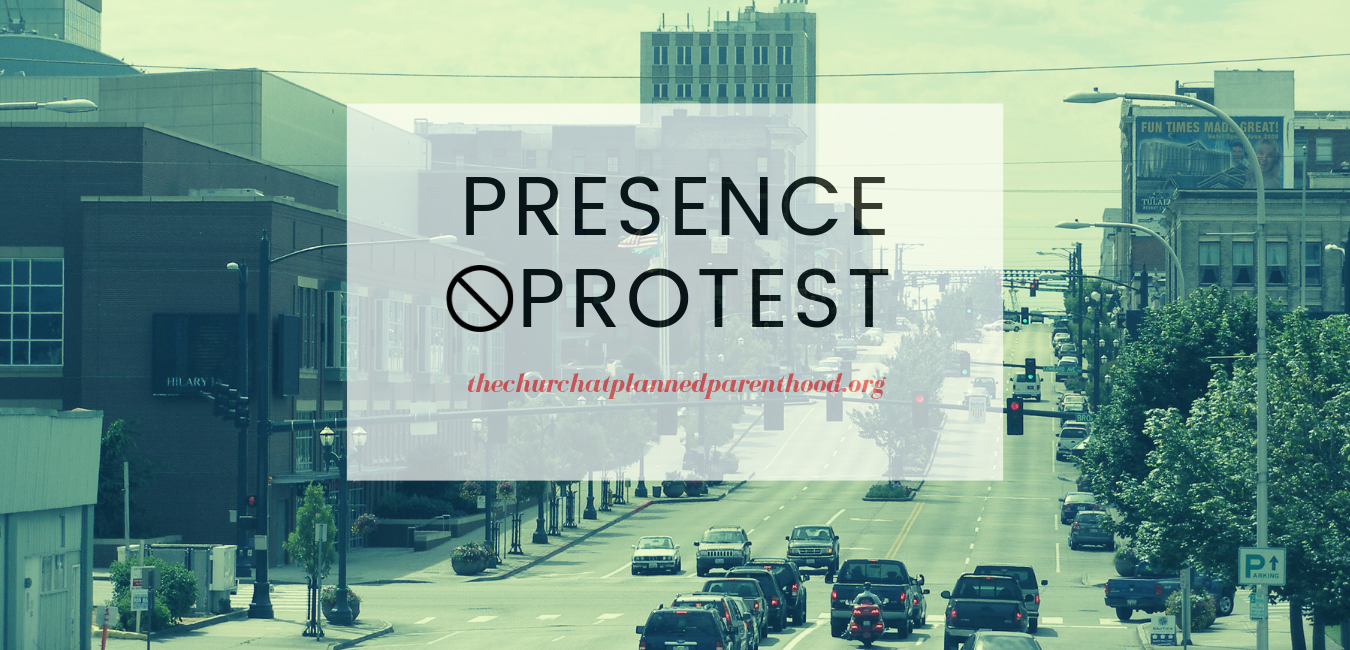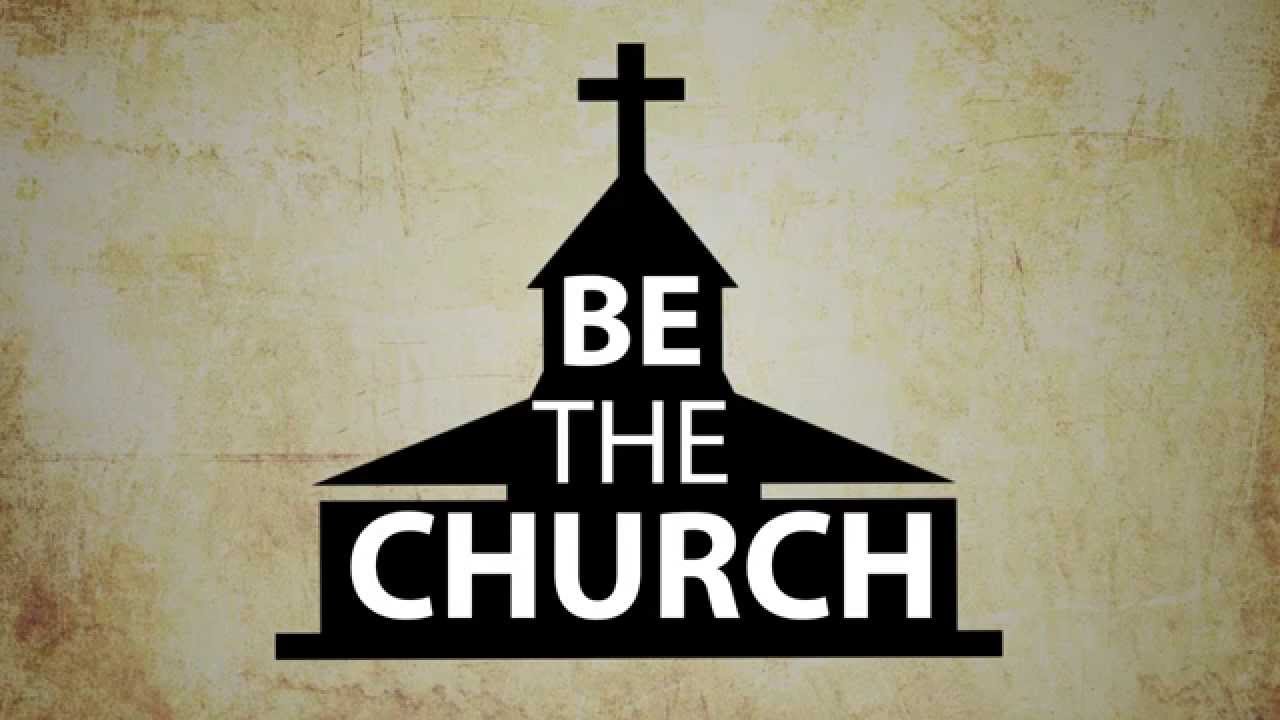WHY WE PLANT CHURCHES
We believe our mission is to live out the Great Commandment as we fulfill the Great Commission. Through the gospel, Jesus gathers us into a family of families and then sends us on mission into the world. Specifically, we believe we are called to make disciples and plant churches. This commitment requires the conviction that the Great Commission can be accomplished and will be completed.  Furthermore, it requires that pastors and churches view themselves not as the end of the mission, but as a means to mobilize and equip people for mission through the local church. As God saves us by the power of the gospel, believers are gathered into a FAMILY where we grow in the gospel together—taking it deeper into our own hearts as we share it in one another’s lives. But our family is not only a collection of maturing brothers and sisters who love one another; we are a team of ambassadors who are SENTon mission into the world. Genuine faithfulness requires that we both gather and scatter.
Furthermore, it requires that pastors and churches view themselves not as the end of the mission, but as a means to mobilize and equip people for mission through the local church. As God saves us by the power of the gospel, believers are gathered into a FAMILY where we grow in the gospel together—taking it deeper into our own hearts as we share it in one another’s lives. But our family is not only a collection of maturing brothers and sisters who love one another; we are a team of ambassadors who are SENTon mission into the world. Genuine faithfulness requires that we both gather and scatter.
A church that lives out its “sent-ness” is a church that understands the Great Commission to be a call to make disciples AND plant new churches. Since its beginning, Damascus Road Church has been a church committed to such reproduction. It is our hope that disciples will make new disciples, groups will launch new groups, and churches will plant new churches. The elders believe that a continued commitment to this kind of reproduction will require a redefining the relationship between our two campuses.
WHY WE’RE LAUNCHING ROAD CHURCH NETWORK
It has been nearly two years since the elders cast vision for a campus in Snohomish. At that time, the elders envisioned becoming one church that met in two locations. Multi-site campus models like this have proven effective in maximizing resources, minimizing costs, and reaching more people for Christ. The elders were decidedly against any form of video-preaching, so we cast a vision to for a second preaching pastor to lead one of the two campuses. Unified by the Spirit, we officially launched Damascus Road Snohomish on the evening of January 13, 2013.
God faithfully grew His young plant in Snohomish. Soon, God opened the door to lease an old historic building in the heart of downtown. As expected, we transitioned to a morning service in the Summer of 2013. What once felt like an additional service quickly grew into a flourishing church plant. And though we had planned to continue as one church, with one elder board, one bank account, and one mission, the elders soon recognized the natural movement of the campuses was toward greater autonomy. Though we shared the same essential DNA, we found that the people, the communities, and even the missions took on unique personalities like siblings from the same family.
Despite the pragmatic benefits of our model, we also found there were great costs. Things such as staggered service times, a travelling preacher, shared staff, and combined events proved difficult for the pastors, and the people. In early Fall, the elders began to discuss how we could continue to maximize the benefits of shared resources while minimizing the emotional, material, and psychological costs to the people. Over the next three months, we prayed, fasted, and discussed our next step. By 2014, we had made two decisions:
First, we decided to install a new lead pastor in Marysville and further empower the local elder boards. This eliminated any travelling preachers, and ensured that the people were shepherded by local pastors and their families. This also generated needs for more robust leadership teams to help with the operations of the ministry locally.
Second, we decided to establish an umbrella organization called Road Church Network. This decision is aimed at maximizing the local distinctiveness of each church while maintaining the pragmatic benefits of being one unified organization. An additional reason for this decision was an unforeseen need to file as a 501c3 with the federal government. The timing of this requirement only helped confirm our decision to move forward.
We are currently in process of completing the paperwork for this transition. When it is finalized, the church in Marysville and the church in Snohomish will exist as distinct entities under the one organization called the Road Church Network. Having one organization will eliminate the need to duplicate systems and allow us to share costs of things such as: healthcare, the CITY, the Website, the APP, and even some branding. In essence, we will be able to grow in our unique identity, and still maintain a shared familial history and bond.
In essence, we will exist as separate churches functioning under an umbrella organization called the Road Church Network. We believe that a church network positions us to be more efficient, more contextual, and more biblical, in our commitment to church planting. We believe it protects church autonomy while maximizing accountability. We believe it fosters regional unity while maximizing local authority. We believe it avoids church imperialism while maximizing church reproduction.
WHY WE’RE CHANGING NAME OF SNOHOMISH CAMPUS
As we launch the Road Church Network, we will change our language to reflect the changes in our organization. We will no longer use the word campus, but church, to describe our respective bodies. To further clarify our distinction, the elders have decided to modify the name of Damascus Road Church in Snohomish to: Restoration Road Church.
The church in Marysville will continue as Damascus Road Church, without the name of the city attached. With this announcement, we will begin a systematic transition over the next two months, to be completed in August. The initial changes will include things like THE CITY, Facebook, and the website. By the end of Summer, all signage and logos will be rebranded in Snohomish. The elders trust that distinguishing the two churches in this way is a wise decision for the church in Snohomish, the church in Marysville, and any future churches we plant together under the Road Church Network. We expect that this name change will:
- Eliminate natural comparisons or competition between churches of the same name
- Emphasize each church’s unique missional identity (under Jesus’ greater mission)
- Redefine the churches’ relationships as complementary versus codependent
- Increase the cultural connection with the city
- Establish a naming precedent for future church plants.
- Release each leadership team to pursue and implement a more local vision
- Exchange the popular multi-site model for a more biblical planting model
- Increase the sense of local responsibility to support the local church
- Simplify evangelistic invitations to attend a particular church
- Reduce network needs in order to focus leadership on the needs of local ministry
WHY WE’RE CHOOSING RESTORATION ROAD CHURCH
Names are important to God. Throughout Scripture, names are attached to people, places, and things in order to provide a meaningful identity. The Road Church “last name” ensures we have a binding family identity amongst every church that is planted out of our network. But it also allows churches to determine a “first name” tailored to their particular cultural context or mission. We believe the word “RESTORATION” aptly describes the church’s building in Snohomish, fits the culture, clarifies the mission, and reflects a belief in gospel.
- Restoration of the place: We gather in a historic 19th century building in the heart of the city. Once a stable for horses, God has reclaimed this place for His flock. God’s spirit, through the worship of God’s people, has restored this empty building to life. As we restore the aesthetic of the building, we make our dwelling place in the city more beautiful. Our name helps remind us that we are called to bless the city in tangible ways.
- Restoration of the culture: The city of Snohomish is known for its antique-rich culture. The name simply aims to engage the existing culture of restoration. Jesus incarnated into the world and dwelled for 30 years in relative obscurity. He lived, worked, and enjoyed the culture as one of the people. Our name helps us identify with the people of the city through contextualization.
- Restoration of the mission: In Revelation 21.5 Jesus says, “Behold, I am making all things new.” Jesus intends to restore all that sin destroyed. Our mission is to see the culture restored back to God’s original design. This includes things such as manhood, womanhood, parenting, marriage, finances, and work. Our greatest joy is to see Jesus restore people, places, and practices back to their God-given purpose. This name helps focus our mission as a call to glorify God in all things.
- Restoration of the gospel: Restoration is the completion of the story of God. God created a good world that broke because of man’s sin. Jesus came to redeem his people from sin and restore humanity back to complete wholeness. Though Jesus is reigning as King, we experience His Kingdom “now and not yet.” Though we see God restoring creation, we live in a broken world, experiencing sin, death, and inconsolable suffering. In truth, there are some things which will only be fully restored in eternity with Jesus. This name helps us hope in our future restoration which comes with our resurrection.
Thank you for your commitment to our mission. We are all very excited about these changes. Know that the elders are committed to honest, open, and clear communication as we move forward. If you have any questions or concerns, please share them with one of the elders at your church. Grace.
Pastor Sam
on behalf of the elders




